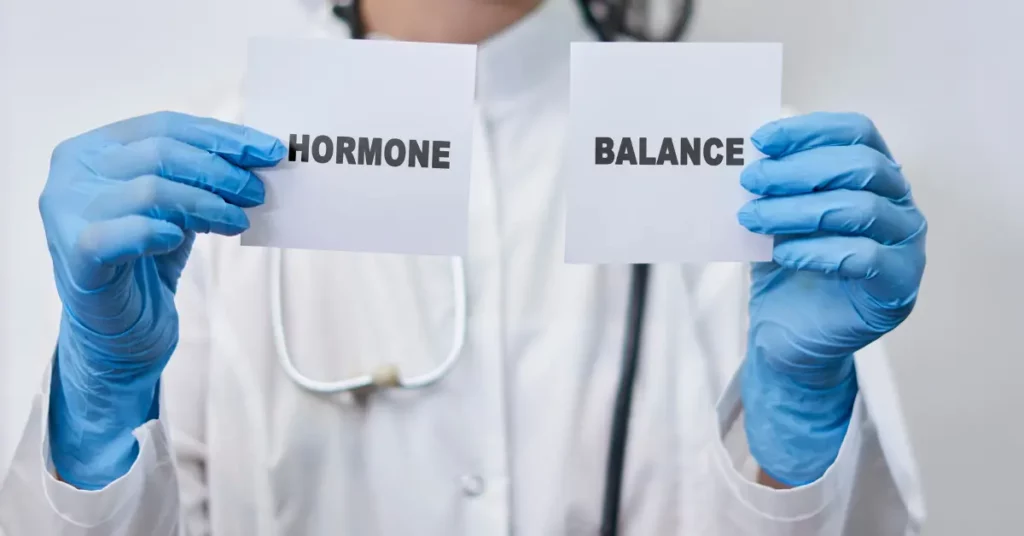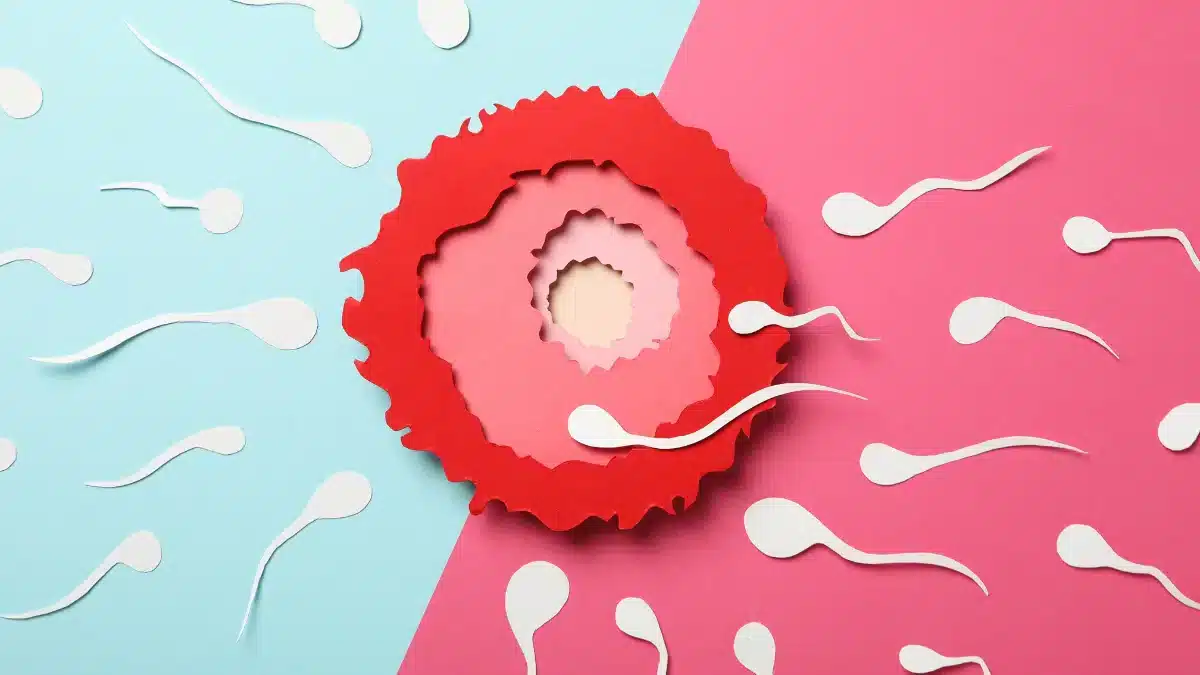How Long Does an Egg Live After Ovulation? The Timeframe of Fertility
As women initiate their journey into fertility, it’s natural to be accompanied by various questions.
Among these, a common inquiry revolves around the duration of an egg’s viability after ovulation.
The age of a woman and certain medical problems can impact the quality of eggs.
Knowing how long eggs remain viable after ovulation helps you time your attempts to conceive or use contraceptives effectively.
It is crucial to consult a doctor to enhance the chances of your fertility.
In this article, we will explore how long does an egg lives after ovulation. We will also discuss the factors affecting egg viability and how to improve the chances of getting pregnant.
How long does an egg last after ovulation
The lifespan of an egg after ovulation is relatively short compared to the duration of sperm viability.
After ovulation, an egg is viable for a short time, usually between 12 to 24 hours.
What happens to the egg after ovulation depends on the sperm’s availability.
If sperm is present during that time, fertilization can happen in the fallopian tube.
The fertilized egg then makes its way to the uterus and attaches itself to the lining.
But, if no sperm is there in the female reproductive system, the egg breaks down and is released or expelled from the uterine lining during your period.
Factors influencing egg viability and fertility

The viability of an egg after ovulation is a critical factor in the process of conceiving.
There are various factors that can influence its overall health and chances of successful fertilization.
It includes the following:
Hormonal balance
Maintaining a balanced hormonal environment is crucial for optimal fertility.
Hormonal imbalances can affect the regularity and quality of ovulation.
Conditions such as Polycystic Ovary Syndrome can increase the risk of infertility.
PCOS is known by the presence of cysts on the ovaries that can affect the normal functioning of the ovaries.
If you are facing fertility challenges associated with PCOS, you can also read our guide on PCOS And Fertility: Overcoming Infertility Roadblocks for potential solutions.
Age of woman
The age of the woman plays a significant role in egg quality and viability.
Generally, the quality of eggs tends to decline with age, particularly after the age of 35.
Older age can also contribute to an increased risk of chromosomal abnormalities (genetic variations causing disorders) in the eggs.
This can impact the success of fertilization and the development of a healthy embryo.
Medical problem
Certain medical conditions, such as Endometriosis, can impact the health of the ovaries and, consequently, the quality of eggs.
Endometriosis is a medical problem that happens when tissue similar to the inner lining of the uterus grows outside the uterus.
Seeking medical treatment for these conditions is essential for couples facing challenges in conceiving.

Get relief from PMS symptoms and heavy or irregular periods.
Visit WowRx to find your PMS relief companion now.
Regestrone 5mgOverall health

The overall health of a woman can influence the viability of her eggs.
Factors such as nutrition, exercise, and stress levels can impact reproductive health.
Adequate nutrition ensures the body receives essential nutrients for optimal hormonal balance.
Physical exercise leads to a healthy weight and promotes reproductive functions.
Managing stress is vital, as high-stress levels can disrupt hormonal balance and affect fertility.
How to improve my chances of pregnancy
Egg viability is short, but that doesn’t mean you only have a 24-hour window to conceive.
Sperm can last in the female reproductive system for up to five days.
The combined lifespan of both the egg and the sperm extends the window of opportunity for conception.
Therefore, engaging in sexual intercourse in the days leading up to ovulation and on the day of ovulation improves the chances of successful fertilization.
To know how long ovulation lasts, also read our article, How Long Does Ovulation Last: A Better Understanding of the Cycle.
Conclusion
After ovulation, an egg typically lives for 12 to 24 hours.
Factors such as a woman’s age, hormonal balance, overall health, and health problems like Endometriosis can impact egg viability.
Having intercourse in the days leading up to ovulation and on the day itself increases the chances of successful fertilization.
Tracking your menstrual cycle, maintaining a healthy lifestyle, managing stress, and seeking medical advice can further support fertility.
If you’re facing challenges in conceiving, it’s always wise to seek advice from healthcare professionals. They can provide guidance according to your current situation.
Frequently Asked Questions
How long does the egg stay after ovulation?
After ovulation, an egg stays for 12 to 24 hours. While this time is short, the window for conception is more due to sperm survival. Sperm can last in the female reproductive system for up to five days. Having sex in the days leading up to ovulation raises the chances of fertilization.
What happens to the egg after ovulation?
After ovulation, the egg can last for 12 to 24 hours. If sperm is present during this period, fertilization may occur in the fallopian tube. However, if no sperm is present, the egg breaks down and is released during the menstrual period
How can I improve my chances of being pregnant?
To boost your chances of pregnancy, engage in sexual activity during the days surrounding ovulation, as sperm can survive up to five days. Monitor your menstrual cycle, adopt a healthy lifestyle, and consult with a healthcare professional to increase the chances of successful fertility.
What are the factors that can impact egg viability and fertility?
There are several factors that can influence egg viability and fertility. Aging can affect egg quality. Maintaining a healthy lifestyle, avoiding harmful habits, and addressing medical issues can positively impact egg viability and fertility.
WowRx uses only high-quality sources while writing our articles. Please read our content information policy to know more about how we keep our content reliable and trustworthy.






